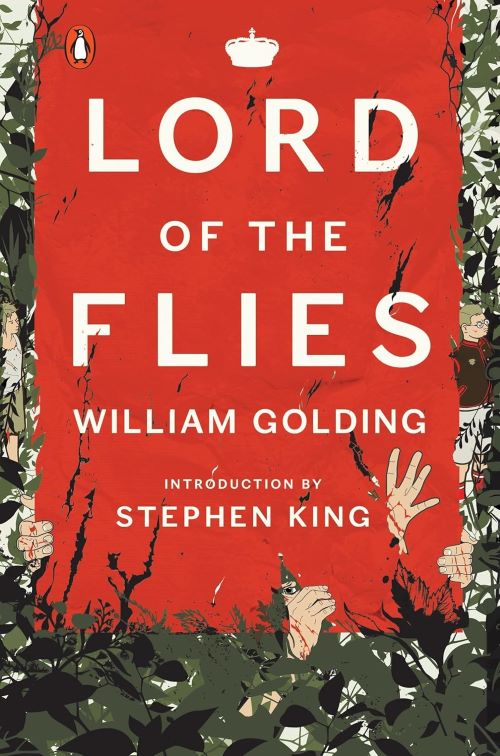Synopsis and Themes
The Lord of the Flies by William Golding is a classic novel first published in 1954. It tells the story of a group of British schoolboys who survive a plane crash and find themselves stranded on a deserted island without any adults. At first, the boys try to create a system of order with rules and leadership.
However, as fear and the struggle for power take over, their society begins to fall apart. The boys split into rival groups, and violence replaces cooperation. The novel becomes a chilling tale of how quickly civilization can break down and how deeply savagery lies within us all.
This novel explores deep and powerful themes such as the loss of innocence, the dark side of human nature, and the fragile line between civilization and savagery.
One of the central questions the novel asks is: Are people born good, or do rules keep us from turning violent? Symbols like the conch shell represent order and democracy, while the imagined “beast” stands for fear and the inner darkness within every human. Through the boys’ descent into chaos, Golding shows how fear, power, and group pressure can lead even children to commit terrible acts.
Awards
The Lord of the Flies brought William Golding international fame and is widely regarded as one of the most important books of the 20th century. In 1983, Golding was awarded the Nobel Prize in Literature for his contribution to literature, especially for his exploration of human nature through fiction. The novel has also been adapted into multiple stage plays and films and continues to be included in school and university reading lists around the world.
Challenges
Despite its classic status, The Lord of the Flies has been frequently challenged and banned in schools. Some parents and educators have raised concerns about its violent scenes, disturbing imagery, and strong language.
The portrayal of children becoming murderers and the book’s bleak message about humanity have made it controversial in various countries.
However, defenders of the novel argue that its uncomfortable themes are exactly what make it a powerful and necessary read—it helps young people think critically about society, leadership, and morality.
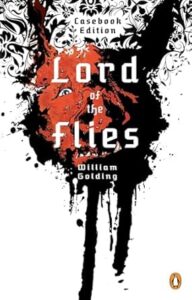
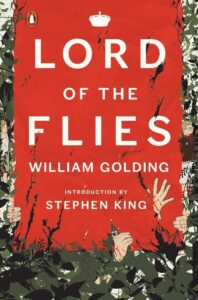
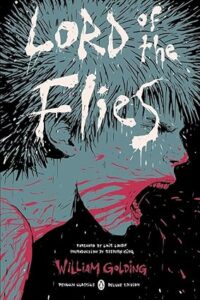
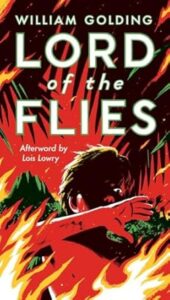
About the Author
William Golding was born in 1911 in Cornwall, England. Before becoming a novelist, he studied English literature, worked as a teacher, and served in the Royal Navy during World War II. His experience in the war shaped his view of human nature and greatly influenced his writing. He believed that evil exists within everyone and that society exists to control it.
The Lord of the Flies was his first novel and remains his most famous work. Golding went on to write other novels, such as The Inheritors and Pincher Martin. In 1988, he was knighted by Queen Elizabeth II, and he passed away in 1993, leaving behind a legacy of powerful and thought-provoking literature.
Further Reading
The British Library – Exploring Lord of the Flies
Goodreads – Reader Discussions & Reviews

